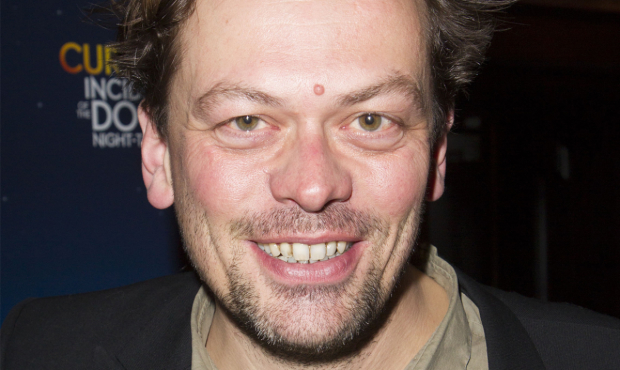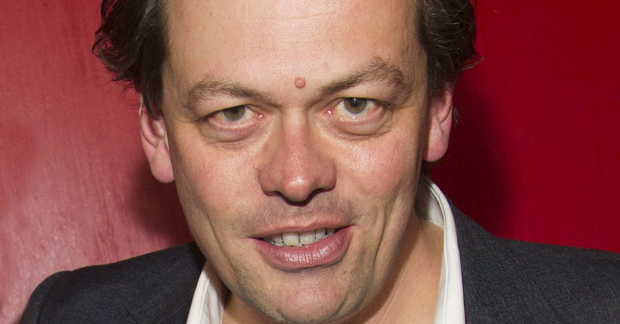Review: Fatherland (Royal Exchange, Manchester International Festival)
In Returning to Reims, the French thinker Didier Eribon travels back to his home town after the death of his father – a return to his working class roots. He finds the place at a loss; a strata of society left behind. His memoir doubles up as a sociological study. A stage adaptation opens at Manchester International Festival next week.
Fatherland could be its companion piece – mood music to Eribon’s academic enquiry. A verbatim piece set to song and dance, though never prettified, it is born of the very same journey. Three artists head back to their old hometowns together: playwright Simon Stephens to Stockport, movement director Scott Graham to Corby, musician Karl Hyde to Kiddiminster. Forged in old industrial towns, all three left for London and found success. Played by three actors (Ferdy Roberts, Emun Elliott and Bryan Dick), they talk to other men about fatherhood – about being fathers, but mostly about being sons.
They meet all sorts en route: an anxious young father who never knew his own dad, an old-school hard nut whose old man passed on a love of football. There are dogged single fathers and men battling mental illness; morbid firefighters, jovial pensioners, sceptical salt-of-the-earth sorts. The way their words are cut, criss-crossed and overlapping, with some phrases shared like chorus lines or communal chants, blends them all together – a melting pot of masculinity. The impression is of something singular and shared at the same time, particular and universal.
Out of the blur, male identity sharpens into focus: uncommunicative, dour and isolating. Graham’s choreography is often hunched and juddering. It makes men anonymous and many of them seem rudderless. Most define their fathers by their jobs, many in manual labour or heavy industry, but, in the run-down towns that Jon Bausor’s rusted iron set suggests, they can’t find the same solidity for themselves. They seem listless, shapeless and insecure. One sequence sees them huddled shoulder-to-shoulder in a loose circle. Lit from below by Jon Clark, they look like lost souls at a bin fire.
Fatherland‘s power comes, largely, from Hyde’s music – not just the thumping, industrial baseline rhythms, but the male voice itself. It comes out, not shouted exactly, but hoarsely sung; a hard, hollow sound; metallic and tuneless. It sounds vulnerable alone, exposed in isolation, but, en mass, it changes. In small groups, the sound softens and warms up, like a male voice choir. In large ones, it swells into the sound of a stampede: aggressive and loud and unruly. At one point, it surrounds the whole theatre until a vast swarm of men spill in.
It’s a stark portrait of a nation turning to rust, but, ultimately, the artists wind up in one hell of a bind. Throughout, one interviewee, played with both a light touch and a firm hand by Ryan Fletcher, turns the questions back on the trio. Why are they doing this? Will they edit his words? How much money will they make? What about them – what were their dads like? In admitting the problems of verbatim theatre, just as Alecky Blythe did with the London riots in Little Revolution, Fatherland gradually ties itself up in a tangle. It’s the same one faced across the political elite: How to speak to and for those excluded from it? Fatherland offers no solutions. That it ends with the artists’ own paternal testimony, ostensibly sharing in the process but in practice reclaiming the space for their own stories, is distinctly uncomfortable – an all-out manifestation of ineffectual liberal guilt.
Throughout Fatherland, masculinity seems somehow stuck in its ways – flat-footed and sluggish, incapable of adapting or inventing alternatives. The show is guilty of the exact same thing: three artists working with their art-forms. This subject demands a new model altogether – something participatory, something personal, something that makes a practical difference. Without it, it's just mood music.
Fatherland runs at the Manchester Royal Exchange until 22 July as part of Manchester International Festival.












